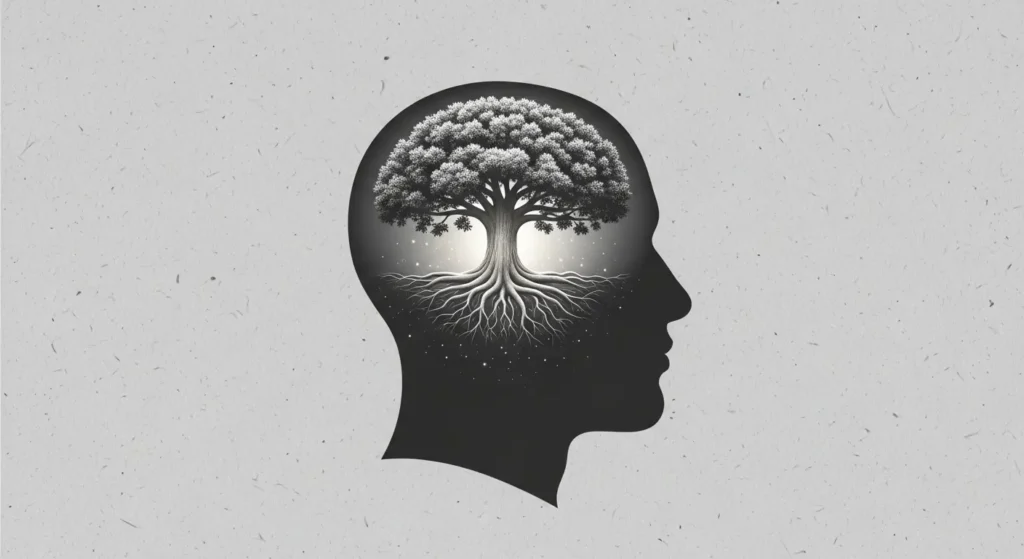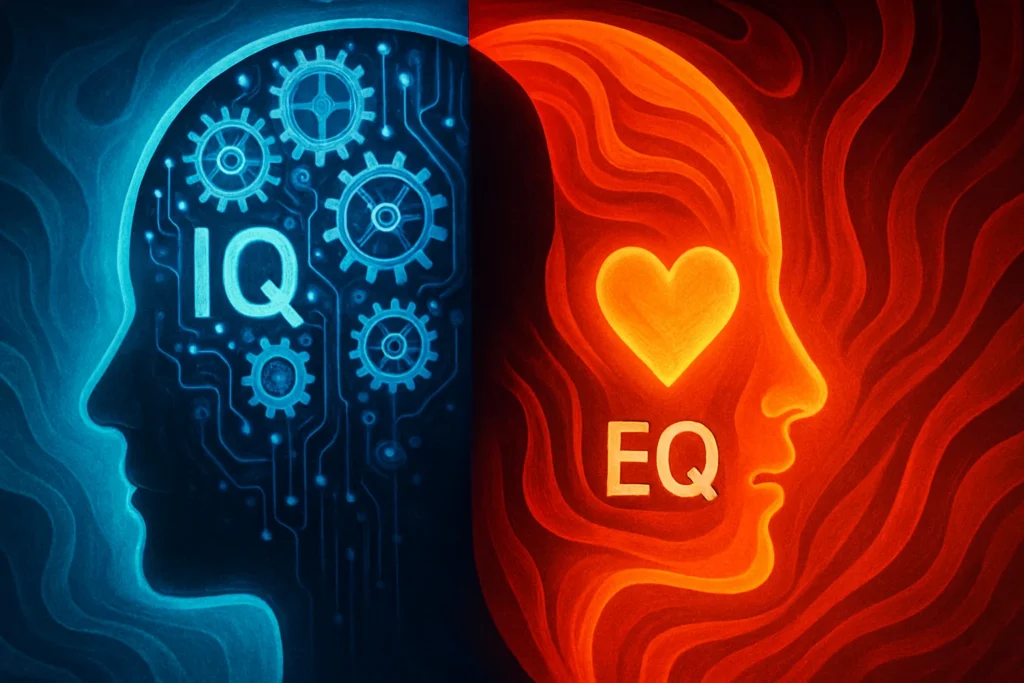
Reading is one of the best ways to train your mind. A great book can give you a new way to think. It can offer a fresh view on your challenges. And it can share the wisdom of people who have walked the path before you.
When it comes to building emotional resilience, books are a key tool. They can teach you how to bounce back from hard times. They also give you the inspiration you need to keep going.
But with so many self-help books out there, which ones are worth your time? We’ve made a list of the 12 most powerful and practical books on emotional resilience. Each book will give you a different tool to add to your mental toolkit, strengthening a core component of your Emotional Intelligence.
1. “Man’s Search for Meaning” by Viktor E. Frankl
This classic book is a powerful lesson on finding purpose. Frankl, a psychiatrist who survived the Nazi concentration camps, argues that our main drive in life is to find meaning. He famously said that if you have a strong enough “why,” you can handle almost any “how.” This book is a must-read for finding strength in the face of great hardship.
2. “Meditations” by Marcus Aurelius
This is not a book about a Roman emperor. It’s the personal diary of one. Marcus Aurelius wrote down his thoughts on how to practice resilience, virtue, and inner peace. The core idea is to focus only on what you can control (your thoughts and actions) and accept the rest. It is the original instruction manual for mental toughness.
3. “Grit: The Power of Passion and Perseverance” by Angela Duckworth
This book shows that effort is more important than talent. Duckworth’s research proves that “grit”—a mix of passion and perseverance—is the key to long-term success. The book teaches that your dedication and consistency matter more than your natural gifts. It’s a great read for anyone working toward a difficult, long-term goal.
4. “The Obstacle Is the Way” by Ryan Holiday
This book makes the ancient philosophy of Stoicism easy to understand and use. Holiday presents a simple, 3-step process for turning any problem into an advantage: 1) Manage your Perception, 2) Take Action, and 3) Have the Will to endure. It’s a practical guide for reframing your problems and seeing challenges as opportunities.
5. “Daring Greatly” by Brené Brown
This book will change how you think about courage. Brown’s research shows that vulnerability is not a weakness. Instead, it is “the courage to show up when you can’t control the outcome.” She teaches that the ability to bounce back from failure comes from the courage to be vulnerable in the first place.
6. “Atomic Habits” by James Clear
Emotional resilience is built through small, daily habits. This book is the best guide for building those habits. Clear’s 4-step framework (Cue, Craving, Response, Reward) makes it easy to start good habits and break bad ones. It’s a practical manual for building the daily routines that create mental strength.
7. “Option B” by Sheryl Sandberg & Adam Grant
This book is an honest and helpful guide for anyone dealing with deep loss. Sandberg shares her personal story of losing her husband. Psychologist Adam Grant adds the science of resilience. Together, they offer practical strategies for finding strength after devastating life events.
8. “Mindset: The New Psychology of Success” by Carol S. Dweck
Your mindset is the foundation for resilience. Dweck’s research shows the difference between a “fixed mindset” (believing your skills are static) and a “growth mindset” (believing you can improve). This book proves that people who believe they can learn from challenges are far more resilient.
9. “Emotional Agility” by Susan David
This book is like a practical manual for your emotional health. It teaches you not to fight your difficult feelings, but to learn from them. David offers a 4-step process to unhook from negative thoughts and align your actions with your core values. It’s a guide to being flexible with your emotions.
10. “The Gifts of Imperfection” by Brené Brown
Often, our biggest enemy is our own inner critic. This book teaches you how to practice self-compassion. It offers ten “guideposts” for living a more authentic and wholehearted life. It’s a crucial skill for picking yourself up after a fall.
11. “Learned Optimism” by Martin E. P. Seligman
This book shows that optimism is not a fixed trait, but a skill that can be learned. Seligman, the father of positive psychology, provides a simple “ABC” model to help you identify and dispute pessimistic thoughts. It’s a practical guide to rewiring your brain for hope and resilience.
12. “The Resilience Factor” by Karen Reivich and Andrew Shatté
If you want a step-by-step training program, this is the book for you. It includes a quiz to test your current resilience level. Then, it gives you seven science-backed techniques to improve your skills in areas like emotion control and empathy. It’s a complete workshop in a book.
Frequently Asked Questions (FAQ)
What are the 7 C’s of resilience?
The 7 C’s is a model to help kids and teens. The 7 C’s are: Competence, Confidence, Connection, Character, Contribution, Coping, and Control.
What are the 5 pillars of emotional resilience?
A common model for the 5 pillars includes: Self-Awareness, Mindfulness, Self-Compassion, Optimism, and Social Connection.
How can I build up emotional resilience?
You can build resilience by practicing mindfulness, keeping strong social connections, getting regular exercise, and finding a sense of purpose in your life.
Conclusion: Your Personal Resilience Library

Reading about resilience is the first step. The next is to put it into practice. Explore our practical guide on Mindfulness, Resilience, and Mental Well-being to learn daily exercises.
Each of these books offers a different tool for your mental toolkit. You don’t need to read them all at once. Pick the one that speaks to your biggest challenge right now, and start there.


